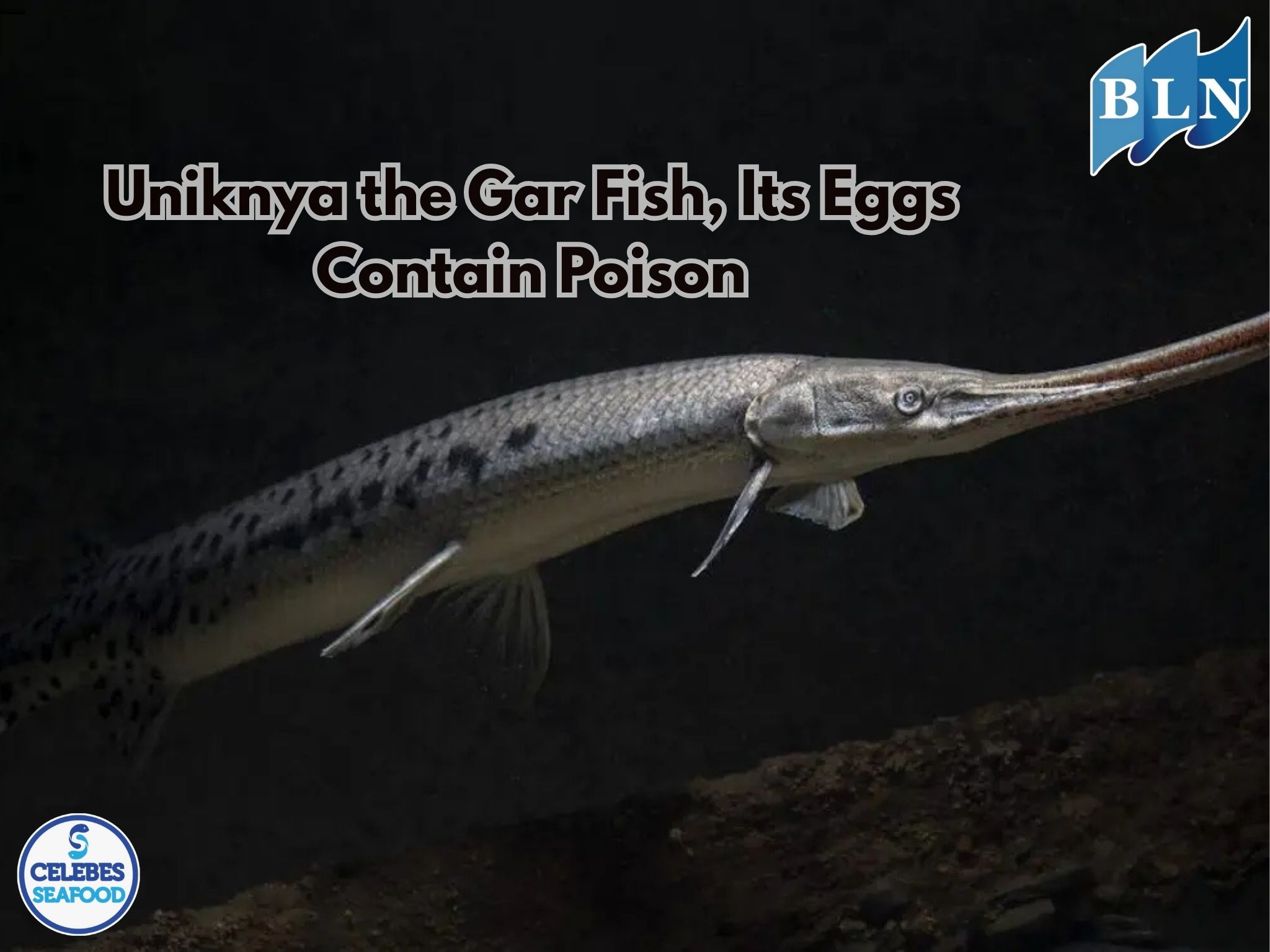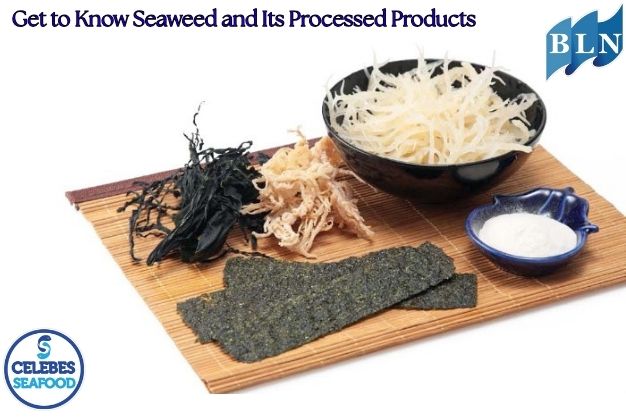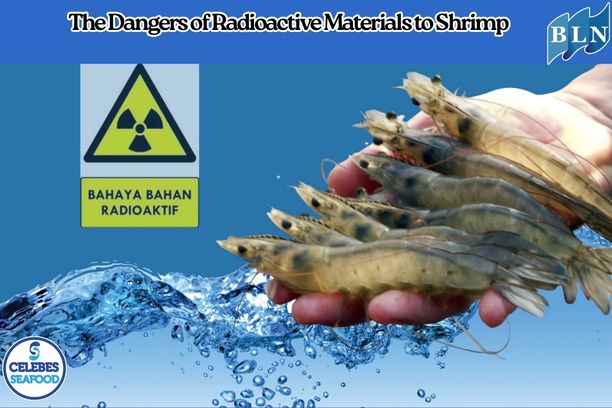Quality Characteristics of Spanish Mackerel Crackers (Scomberomorus commersoni) with Different Cooking Methods
By. Azizah - 27 May 2025 with Different Cooking Methods.jpg)
lautnusantara.comFish crackers are one of the most popular fish-based processed products in Indonesia due to their savory taste and crispy texture. This study aimed to determine the effect of different cooking methods on the quality characteristics of Spanish mackerel (Scomberomorus commersoni) crackers. Three cooking methods were tested: steaming, boiling, and frying. The quality parameters analyzed included moisture content, protein content, crispness, color, and organoleptic characteristics (taste, aroma, and texture). The results showed that cooking methods significantly affected the cracker's quality. Frying produced the crispiest crackers with the lowest moisture content, while steaming preserved a higher protein content. Organoleptically, fried crackers were the most preferred by panelists. Thus, the choice of cooking method can be adjusted based on the desired quality priority.
Introduction
Fish crackers are a traditional snack widely consumed in Indonesia. One of the commonly used fish types in cracker production is Spanish mackerel (Scomberomorus commersoni), known for its strong flavor and high protein content. The quality of crackers is highly influenced by the production process, especially the cooking method used prior to drying and final frying. This study aims to evaluate the effect of different cooking methods on the quality characteristics of Spanish mackerel crackers.
Methodology
Materials and Equipment:
Fresh Spanish mackerel, tapioca flour, garlic, salt, sugar, and other additives. Equipment included a digital scale, blender, steamer, boiling pot, frying pan, oven, and texture analyzer.
Cracker Preparation Procedure:
-
The mackerel was cleaned and ground into fish paste.
-
The fish paste was mixed with additional ingredients to form cracker dough.
-
The dough was shaped into cylinders and cooked using three different methods:
-
Steaming for 60 minutes
-
Boiling for 60 minutes
-
Frying in hot oil for 10 minutes
-
-
After cooking, the dough was cooled, thinly sliced, and sun-dried until crisp.
-
The dried crackers were then deep-fried before quality analysis.
Quality Analysis:
-
Moisture and protein content were measured using standard SNI methods.
-
Crispness was tested using a texture analyzer.
-
Color was visually evaluated.
-
Organoleptic tests were conducted by 20 semi-trained panelists.
Results and Discussion
Moisture Content:
Crackers made using the frying method had the lowest moisture content (5.2%), while steaming resulted in the highest (9.8%).
Protein Content:
Steamed crackers retained the highest protein content (21.5%), while fried crackers had the lowest (18.2%).
Crispness:
Fried crackers had the highest crispness (texture test value: 4.8 N), followed by boiled and steamed crackers.
Color:
Fried crackers tended to be more brownish, while steamed and boiled crackers appeared paler.
Organoleptic Test:
Panelists preferred the fried crackers the most, especially in terms of texture and taste.
If you are interested in our product CALAMARI WHOLE ROUND, CUTTLEFISH WHOLE ROUND please do not hesitate to contact us through email and/or whatsapp.




 in Ball Shape (Balltype) for Export.jpg)
.jpg)


